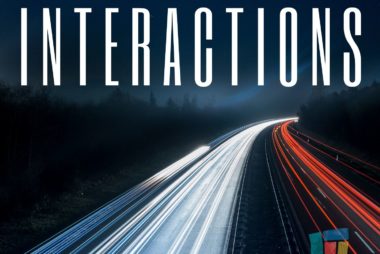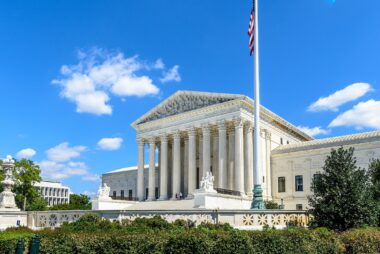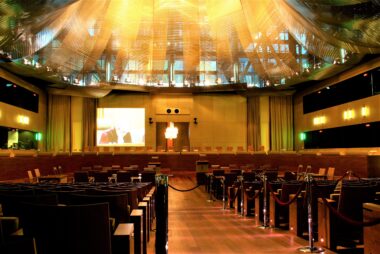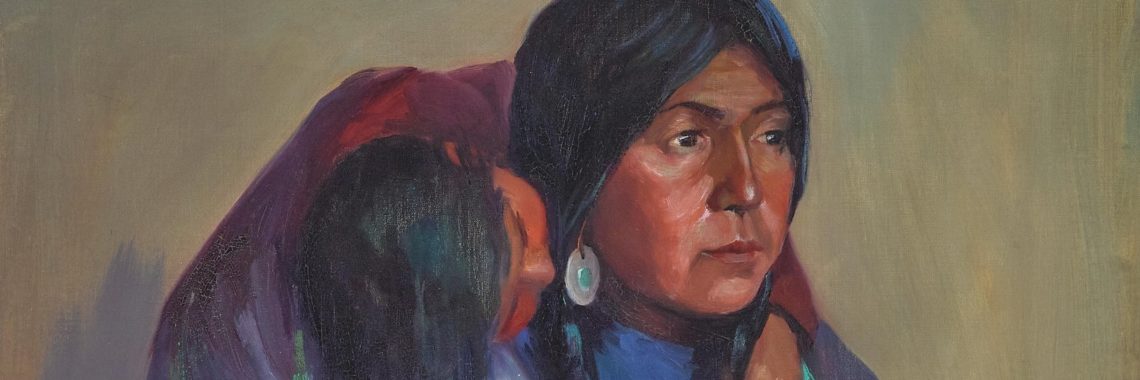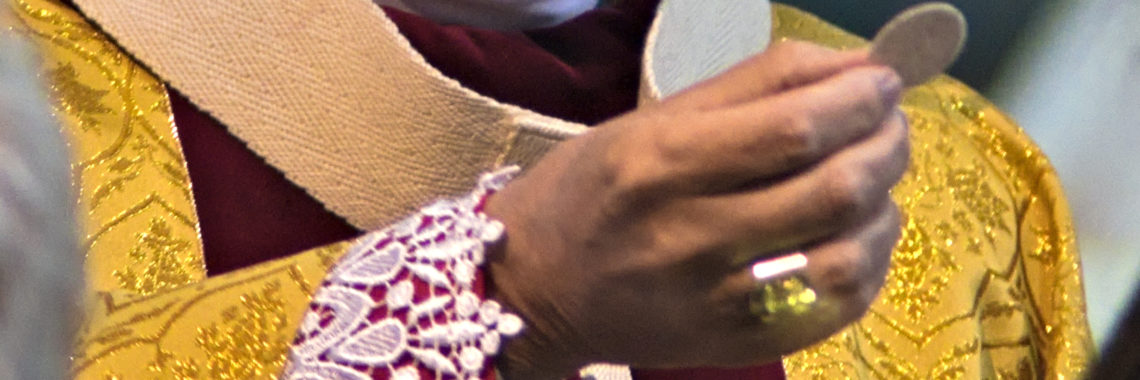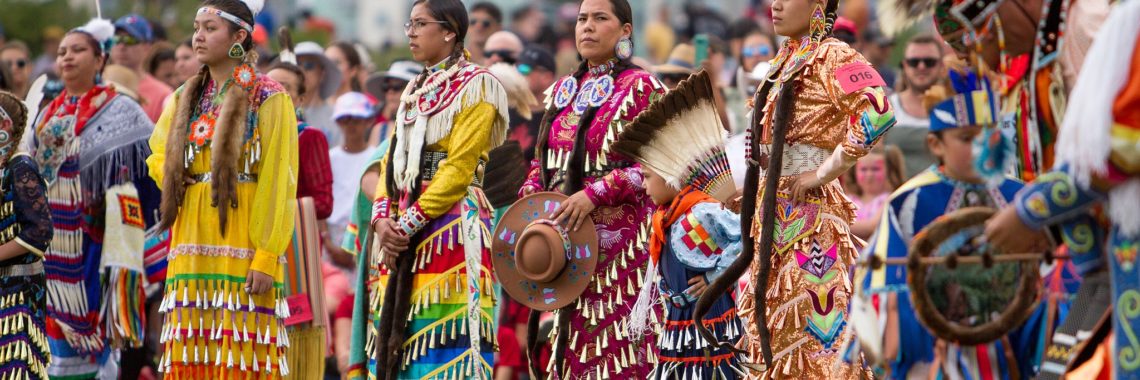“Internet Ethics, American Law, and Jewish Law: A Comparative Overview” by Dr. Gertrude N. Levine & Samuel J. Levine
The Internet, devised for the purpose of interconnecting diverse computer networks of research and educational communities, has become a global communication system that joins together widely disparate populaces with different ethical codes. The World Wide Web (WWW), hosted by the Internet, serves both to propagate existing ethe and to undermine them. Communities of the WWW, as…



